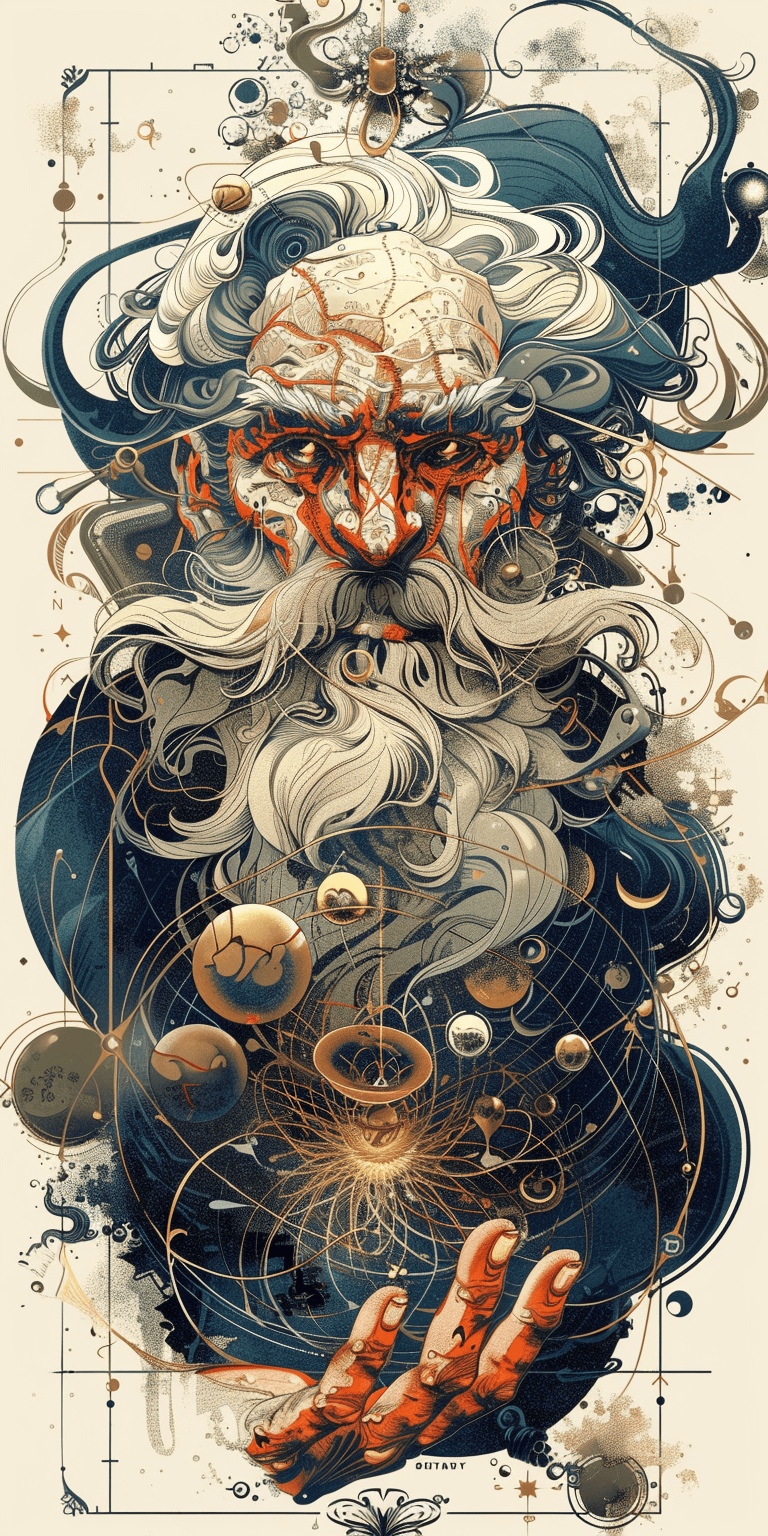In a recent column about time, I wrote about the regularity of time, and time related to the universe, geology and evolution. For all, time was assumed to be the same everywhere: that is, seconds, minutes and hours tick off with the same metronomic regularity everywhere in the universe.
These days we know that’s not quite true. Astronauts orbiting Earth age a tiny bit slower than their Earth-bound mates. The same holds true for travellers to the moon or in the future, Mars, because of the speed with which they travel relative to Earth.
Even though the errors in time are minor on Earth, precise GPS navigation depends on correcting for those tiny differences in clock times between orbiting GPS satellites and their related stations on the Earth’s surface.
Before 1905 there was a dilemma in physics about the relationship between time and the speed of light. If, as many physicists then assumed, time marched to the same metronomic pace everywhere in the universe, then the speed of light must vary, slowed perhaps by a hypothetical substance some physicists called “ether,” for which no evidence could be found. Hence the dilemma.
Then Albert Einstein proposed the obvious solution: perhaps it is time, not the speed of light, that varies. To make his point he resorted to one of his ingenious thought experiments.
Imagine two men, one standing at a tram station (in Bern, Switzerland, as Einstein described it) and the other standing inside a nearby stationary tram car. Assume that both men’s watches are set to precisely the same initial time.
What happens as the train leaves the station and speeds up, eventually to reach light speed? Does time remain the same for both men? The answer is no. As the speed of the tram increases, time slows on the tram relative to the station until finally at light speed, time stops on the tram, while outside the moving tram, time continues as before at the station.
This thought experiment was the subject of one of Einstein’s annus mirabilis series of four papers in 1905, this one on special relativity. It, together with his 1915 paper on general relativity, made him the most famous theoretical physicist of his time and arguably, all time.
Broadened, special relativity also related mass to energy in his most iconic, simple and profound equation that same year, E=mc2 where E stands for energy, m for mass, and c2 for the speed of light squared. All that was missing in his paper on special relativity was gravity and that was incorporated in Einstein’s general theory in 1915.
One quirk in this story involves the reluctance of the Nobel committee to award Einstein the Nobel Prize for general relativity. Instead, he was awarded his prize for his theoretical study of the quantal nature of light.
The latter was a solid piece of work, good enough to qualify him to be the father of quantum physics – but not the masterpiece that general relativity was and remains, despite many challenges including recent studies of black holes and pulsars, both studies of which validated the predictions of general relativity.
The latter was the best of several outstanding products of Einstein’s creative imagination, determination and contrariness when it came to dogma.
Special and general relativity predicted what have become everyday observations. Orbiting astronauts age a tiny bit less than others on Earth, travel to the moon and planets such as Mars is associated with slowing of time or time dilation as some refer to it. And masses such as stars bend light and slow time.
Consistent with the claim that mass affects time, is the notion that time stops inside the event horizon of those gravitational sink holes for mass and energy, called black holes. Then there’s the claim by some physicists that time may not exist at the quantum level, leaving us to wonder, what happened to time?
That’s a lot of change in little over a century. We’ve moved from the belief that time was the same everywhere, to the realization that time varies with speed and mass, to perhaps not existing at all at the quantum level.
The last claim may answer the question of what existed before the Big Bang because if the Big Bang began with a quantum event, which many physicists such as Roger Penrose suggest, then time began as did the universe, with the Big Bang – not before.
Puzzling? You bet.
Dr. William Brown is a professor of neurology at McMaster University and co-founder of the InfoHealth series at the Niagara-on-the-Lake Public Library.










